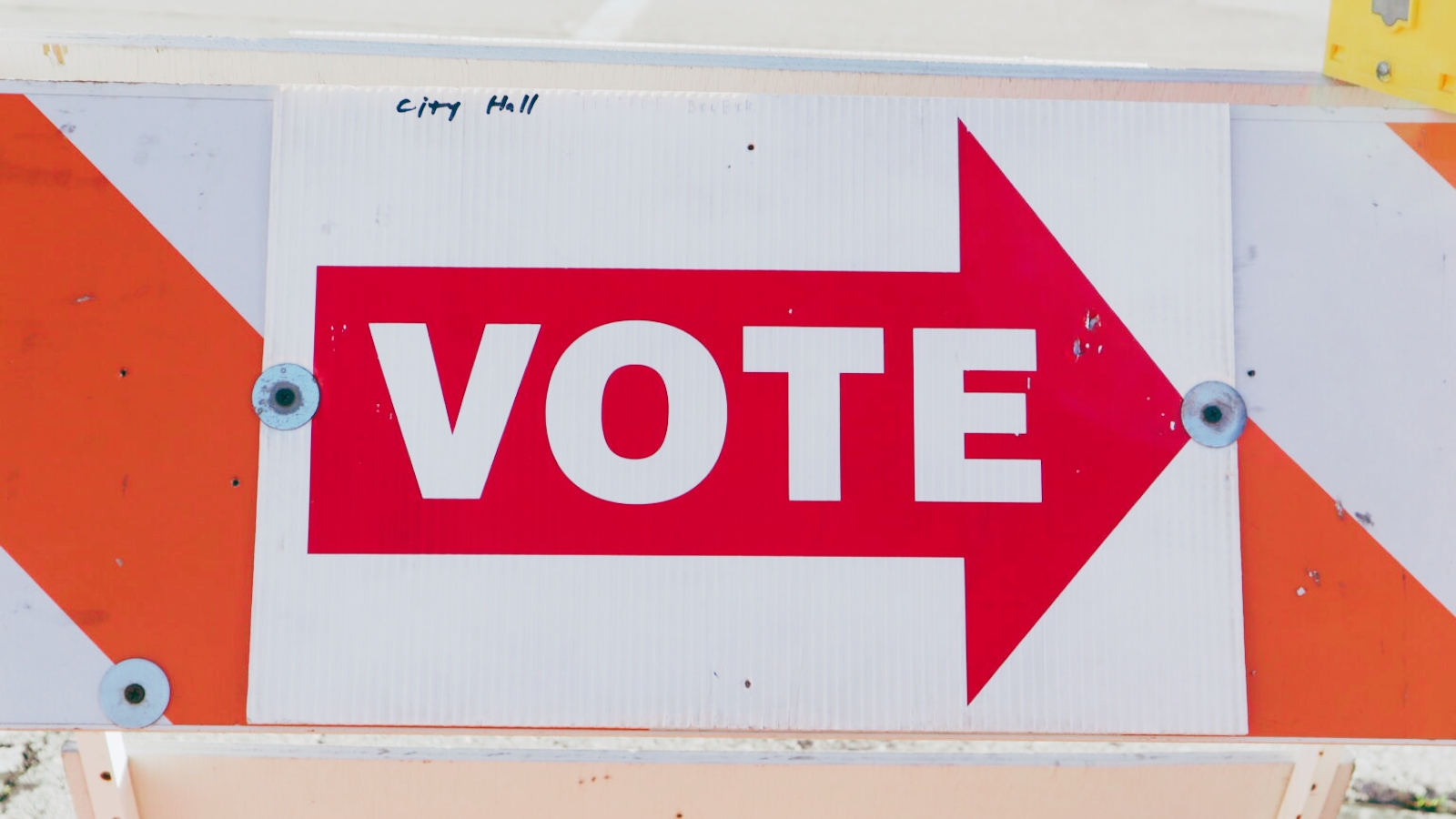
Decadent Distractions
On April 30th of last year, John Tamny picked a friendly fight with the Austrian School of Economics and with Mark Thorton, specifically. Thorton responded, which was buttressed by a response from Joseph Salerno. Tamny then responded, which rounded out the intellectual debate with two articles per opposing argument, excluding Hunter Hastings’s interview of Tamny. My intent with the following is not to pick a side but to discuss my biggest takeaways, as well as to broach topics that neither side discussed. I also suggest that the debate, and those like it, might be unaffordable luxuries. I’ll first note an assumption: neither I nor the aforementioned economists are fans of central banks or of anything else centralized, for that matter.
Is it possible that Austrians focus on the Federal Reserve too much, and Tamny, too little? Tamny and the Austrians hold the entrepreneur in high regard, which is why I’m still somewhat surprised when Tamny seems only to yawn when hearing of the Fed. Because inflation is a policy and not an act of nature, doesn’t the Fed both sap the entrepreneurial spirit and prevent would-be entrepreneurs from taking their vision more seriously? Stated differently, doesn’t inflation serve as both a cushion for the rich and a barrier for the poor? If the rich entrepreneur can count on inflation to bolster her return on investment in, say, real estate, isn’t she less likely to venture her capital on riskier, entrepreneurial endeavors? Doesn’t the poor entrepreneur know that for his wild idea to take off during the projected period, inflation will be no friend to his burn rate? For both the rich and poor entrepreneurs, doesn’t inflation increase their time preference, per Hans-Hermann Hoppe?
I most closely align with the Austrian School, so Tamny’s refutation of the Austrian Business Cycle Theory was challenging but compelling. While I agree it seems troubling that banks’ reserve requirements are so low, the number of banks isn’t infinite. Doesn’t that fact serve as a limit to the amount that can be borrowed? Lending doesn’t multiply the money supply because lenders forfeit the use of their money to the borrower, so even if a bank’s reserve ratio is 0%, it isn’t negative. Doesn’t that fact serve as a limit on what banks can lend? Even if the Austrians’ concerns about the increasing money supply are warranted, it’s not as if the extra cash is evenly dispersed; capital accumulates around only the productive. And what makes one productive? It isn’t a uniform characteristic, and I’ll admit right now—it isn’t good looks. Austrians seem to bemoan banks’ lending, worried that they do nothing but debase the currency, but Ken Fisher doesn’t share their pessimism:
Though I enjoyed the Tamny-Thorton-Salerno feud, I fail to see how it relates to the average person, and if the average person simply doesn’t care about this debate, then what good will come of it? I don’t recall deficits or the debt playing a prominent part in the debate, not that they’re much more relatable. The debt is such a cartoonishly large number that it doesn’t bear stating; I imagine that even Fisher has a hard time relating to it. However, I’m no longer shocked by its size; what I find surprising is that with each trillion added to it, outrage ensues, albeit momentarily and nowhere near widespread. But why is there any outrage at all? Though I’m only an aspiring vocational economist, I recall the saying about doing the same thing but expecting a different result. The debt will continue increasing before it declines. Bet on it. What’s more relatable than the debt or, say, Cantillon effects? Theft and fraud. If I were to take out an auto loan, is there any mystery as to who is the debtor? On the other hand, when a government indebts itself, the debtor truly is a mystery; all that is known is that those being fleeced and those doing the fleecing are passing the bill to children and to those not yet born. Won’t most people take notice of that moral monstrosity before looking into the alleged economic wizardry concocted at the Fed?
Tamny and the Austrians share disdain for mainstream economists because the latter seem to go out of their way to complicate what is pure and simple, but did the former’s debate mitigate or add to the complexity? I want to live in a free society, and I want my children to live in a free society. Again, I enjoyed the debate, and I am thankful for having benefited from it; however, a free society will forever remain a fantasy so long as politicians, bureaucrats, members of the military, government contractors, and anyone who lives off their neighbors’ children are regarded as benevolent benefactors rather than predaceous parasites. Would it be preferable if these debates were mothballed—activated only when funding the U.S. empire is voluntary? Or as the Kenyan scientist Florence Wambugu puts it, “You people in the developed world are certainly free to debate the merits of genetically modified foods, but can we eat first?”
This article originally appeared on Uncle Nap.
Free the People publishes opinion-based articles from contributing writers. The opinions and ideas expressed do not always reflect the opinions and ideas that Free the People endorses. We believe in free speech, and in providing a platform for open dialogue. Feel free to leave a comment.



